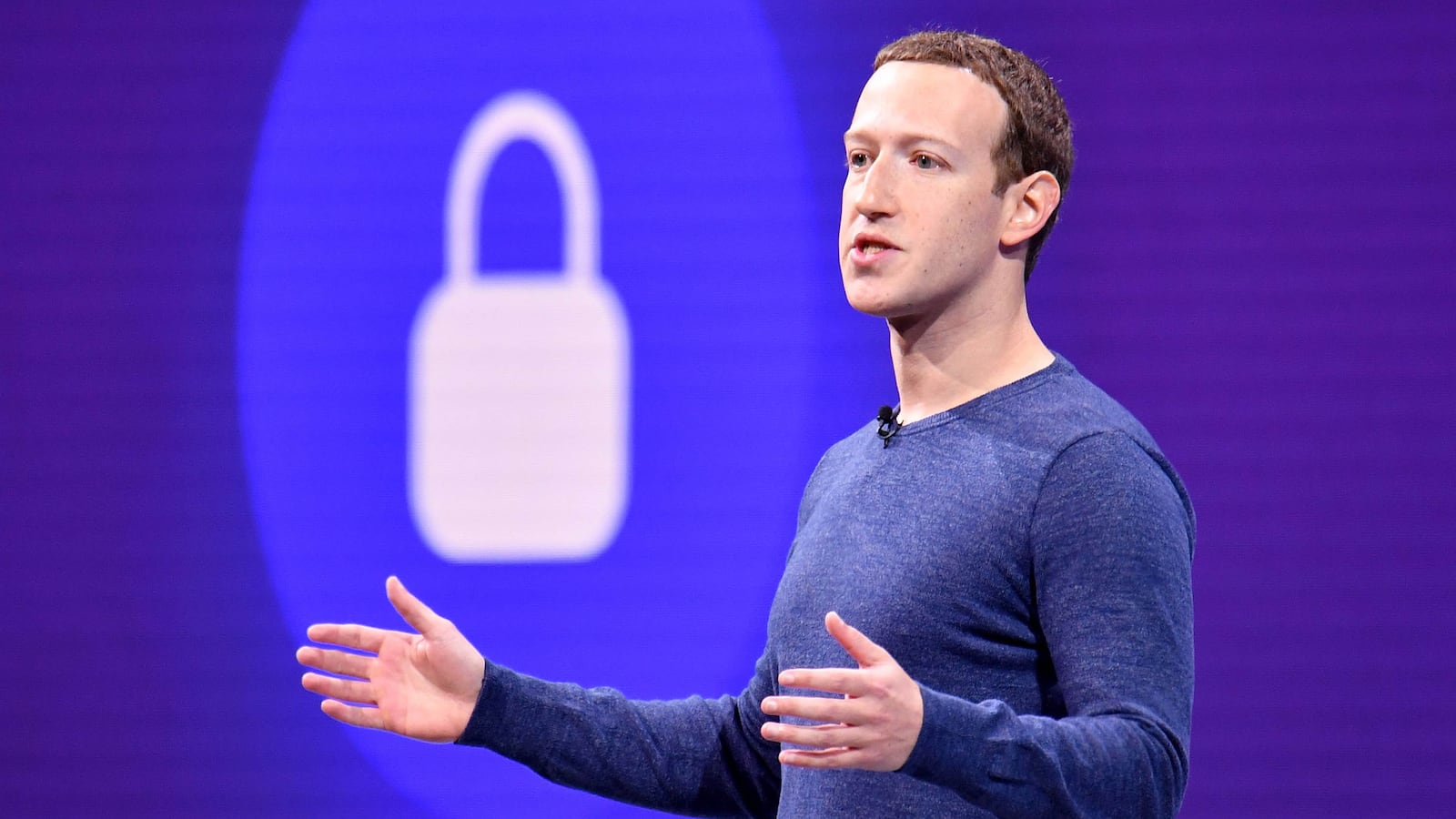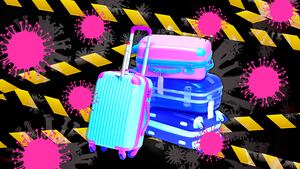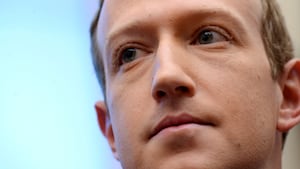Mark Zuckerberg told tens of thousands of Facebook employees on Thursday that they will not be required to get a coronavirus vaccine before returning to work in their offices.
The issue came up during a company all-hands meeting when a Facebook employee asked about how the forthcoming vaccine will affect their return to in-person work, according to a knowledgeable source who requested anonymity.
Most Facebook employees, particularly in the United States, have been working from home since the start of the pandemic, which has already killed nearly 300,000 Americans.
Zuckerberg, the source said, told his more than 50,000 employees that they will not be required to get vaccinated before heading back to the office, noting that some workers have already returned to their buildings in countries with lower rates of COVID-19 and in other limited circumstances.
The Facebook founder still insisted that the vaccine will be a positive development, and urged employees to keep social distancing in the lead-up to its distribution, the source said.
Meanwhile, Dr. Anthony Fauci and other public health officials have been pleading with Americans to get vaccinated when they are able.
“The speed of the process did not compromise safety or scientific integrity,” Fauci said in November.
The nation’s top infectious-disease expert has also stressed that in order for the United States to “crush” the COVID-19 pandemic before the end of 2021, at least three-quarters of Americans need to be vaccinated next year. He added in a CBS interview that if the U.S. pulls “together as we get the vaccine rolled out, we should be OK but it’s not going to happen spontaneously.”
In a statement to The Daily Beast, Facebook stressed that “regardless of when vaccines become available, we’ve given our employees the option to work remotely at least until July 2021.”
“Our U.S. offices remain closed and we don’t expect them to open before the COVID-19 vaccines are widely available. At today’s company Q&A, Mark said that at this point, we don’t think it will be necessary to require a vaccine for employees to return to work,” the spokesperson said. “He also said he’s confident in the vaccine and looks forward to getting one himself. Once we return to the office, we will have a number of protocols in place that we expect to include testing, social distancing, wearing masks and other best practices. We continue to work with many experts to define a plan that prioritizes everyone’s health and safety.”
Zuckerberg’s announcement comes after a series of anti-vax-related missteps for the social media company, and just months after Zuckerberg admitted Facebook would not remove posts discouraging public immunity against the coronavirus through a vaccine.
“We work with the CDC and we work with the WHO and trusted health organizations to remove clear misinformation about health-related issues that could cause an imminent risk of harm,” Zuckerberg said in a September interview with Axios on HBO, where he admitted Facebook does not have a plan to remove anti-vaccine posts.
“If someone is pointing out a case where a vaccine caused harm or that they’re worried about it—you know, that's a difficult thing to say from my perspective that you shouldn’t be allowed to express at all,” added Zuckerberg, who has long asserted he is a proponent of free speech.
“What we try to say is if people are overgeneralizing things, if they’re spreading misinformation and we can defer to a third-party fact-checker or an organization like the CDC or WHO on kind of clear health guidelines on things that could lead to imminent harm, if people don’t follow them, then we will we will try to take action against those.”
But a month later, amid a public outcry over the company’s promotion of misinformation, Facebook said it would no longer allow anti-vax ads on its platform. The move came after Facebook also banned false information about the coronavirus.
In an October post on the company’s blog, Kang-Xing Jin, Facebook’s head of health initiatives, said the social media giant would no longer permit people or entities to buy ads that were meant to discourage people from getting vaccines. Other banned ads include those that portray vaccines as being unsafe or useless.
“Our goal is to help messages about the safety and efficacy of vaccines reach a broad group of people, while prohibiting ads with misinformation that could harm public health efforts,” Jin said. “We don’t want these ads on our platform.”
Last week, Facebook also announced that “given the recent news that COVID-19 vaccines will soon be rolling out around the world, over the coming weeks we will start removing false claims about these vaccines that have been debunked by public health experts on Facebook and Instagram.”
It’s not only anti-vaccine content that has put Facebook under scrutiny. In October, Facebook announced it would ban all content that “denies or distorts the Holocaust.” Facebook has also cracked down on posts about the pro-Trump conspiracy movement QAnon and political ads.









